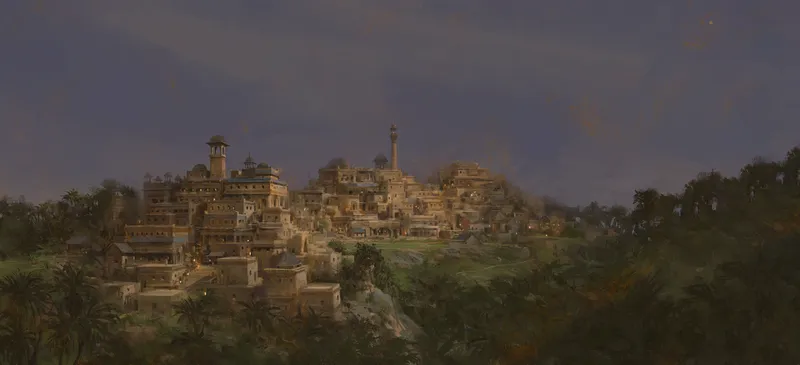Bodpa Culture

Commands
The following command will set your culture to 'Bodpa.'
The following command will change the culture of the specified county to 'Bodpa.'
Information
| Name | Bodpa |
| Culture ID | bodpa |
| Heritage | Tibetan |
| Ethos | Spiritual |
| Language | Tibetan |
| Architecture | Indian |
| Fashion | Mongolian |
| Coat of Arms | Tibetan |
| Military Equipment | Mongolian |
Overview
The Bodpa culture belongs to the native inhabitants of Tibet, known as the Bodpa people. The Tibetan word 'Bodpa' directly translates into 'inhabitant of Bod,' which is the traditional name of Tibet. This culture is extraordinarily rich in customs, traditions, and spirituality, fundamentally revolving around Tibetan Buddhism and Bon.
Bodpa culture emphasizes compassion, patience, and mindfulness. The people express their faith through various art forms, construction of monasteries and pilgrimage sites, chanting Mantras, and meditation. Symbols such as prayer flags and wheels are integral to their cultural practices, believed to spread spiritual blessings and well-being.
Tibetan language plays a crucial role in Bodpa culture, uniting the people and serving as a common thread through their folk traditions, literature, and music. Traditional Tibetan music, interweaving chants and songs, are often accompanied by native instruments like the lute, cymbals, and long trumpets.
The Bodpa people have a rich tradition of festivals, most notable being Losar, the Tibetan New Year, marked by feasts, dancing, and family get-togethers. Their cuisine, including staple foods like Tsampa (barley flour) and Yak meat, showcases their adaptation to high-altitude survival.
Despite many adversities over time, the Bodpa culture remains resilient, passing their timeless wisdom, vibrant spirituality, and intricate arts from generation to generation. The Bodpa culture is indeed a remarkable treasure of human civilization.
Spiritual Ethos

Spiritual Ethos
While some cultures turn to war and others to worldly knowledge, this culture places its trust in the only constant throughout its history - the divine. Spirituality is the only way forward in a harsh and uncaring world.
- +10% Monthly Piety
- +15% Control Growth
- -20% Faith Creation and Reformation Cost
Each culture will have an ethos, which represents the core values, principles and attitude towards life that the culture has. It also determines which court types are available for kingdoms and empires.
Bodpa Traditions
- Himalayan Settlers
- Horse Breeders
- Religious Patronage
Each culture will have several traditions, which represent the main customs of a culture and can grant various effects. A culture can have up to five traditions in the tribal era, with every additional era reached granting an additional slot for Traditions.
Bodpa Architecture
Indian
